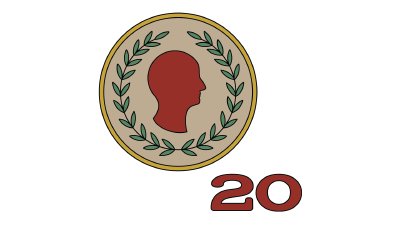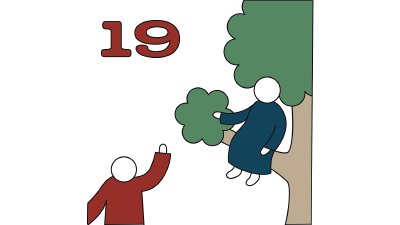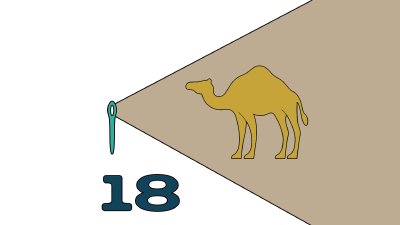Advent Day 18
December 9, 2019
After instructing His disciples in eschatological issues, Jesus teaches two principles concerning prayer. The first principle is of persistence, exemplified in the persistence of the widow. The judge in the story wasn't too concerned about being righteous before God, nor did he care about the widow, but he finally gave in because of her persistent requests. Jesus’ point is that if an unloving, unrighteous judge responds because of persistence, how much more will God, being righteous, respond to perpetual prayer! In context of the passage, Son of Man is mentioned in the second coming, thus, hinted is that we should be praying always for the Lords return.
The second principle of prayer is humility. In Jesus’ second story, we see two people at opposite ends of the culture - one a supposed spiritual leader, and the other a publican, or tax collector, at the bottom of the ladder. The publican approached God based on his personal need and God's mercy. His humility before God was obvious in four ways - he kept his eyes down, he beat his chest (a sign of repentance), he stood far away from the front of the temple, and he pleaded for mercy, desiring atonement (or propitiation). The principle for this section is in the second half of verse 14 - those who exalt themselves shall be humbled; those who humble themselves shall be exalted.
Jesus then teaches that entrance into His Kingdom must be through a childlike faith. Afterward, we see Jesus interact with a rich young ruler. There are two Greek words for “good” that we see in this story; “kalos” means externally pleasing; “agathos” means intrinsically good, therefore referring to the Messiah's very character. Since Jesus claimed to be the Messiah, He claimed to be intrinsically good - a character trait that would only apply to God. For the young ruler, the problem wasn't his wealth; the problem was his tendency to trust his wealth as a sign of God's blessing and thus his own righteousness, resulting from Pharisaic teaching.
To close out the chapter, Jesus gives more detailed instructions concerning his death, which the disciples did not understand. He also heals a blind begger, who, interestingly, recognizes Jesus as the Messiah, calling Him the "Son of David".
Questions for Reflection:
As we've already done in this Advent series, reflect on your own prayer life. As per Jesus' two parables that illustrate the two principles listed above, which does your prayer life struggle with more? Lack of persistence (questioning God's goodness), or humility (self-sufficiency)? What action steps can you take to address this in your life?







